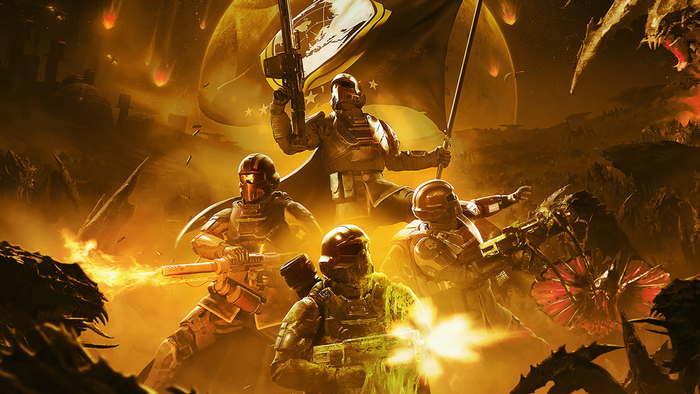Understanding gamification & reward systems
Achievement and rewards systems need to be relevant to gamers. Before you design your system you must know the context for which one will be successful

The concept of badges and medals seems, in theory, very straight forward – reward users for completing specific benchmarks. So why are certain games titans of innovation adding incredible value through their rewards system while others leave their users confused and apathetic? I’m convinced it stems from the very basic human concept of achievement and our desire for it to be relevant. Relevancy will be divided into social and solitary categories.
Let’s start by understanding the broad objective of gamification. Ultimately as a marketer, community manager or designer you want to add value to your game. If done correctly you can also provide structure and direction for gamers (often something many games lack), but this is a tacit result of successful gamification design. The value added comes by attributing quantitative representation of qualitative accomplishment. It gives explicit validation for intrinsic accomplishment or simply put, you have something more tangible to look back on to herald your success and give you something to work to accomplish.
Social
As someone who feels justified in asking for a pension from Arena Net for how many hours I sunk into Guild Wars I can use this game as an excellent case study. First off, Guild Wars is an incredibly social game. The very basic game mechanics require players to form teams and guilds in order to accomplish tasks both large and small. With such attention given to finding players with similar play styles as you, the “title” system became invaluable. Due to a variety of ways to engage with the game such as Player vs Player, Player versus World and cooperative team modes, there were titles given for accomplishments specific to a gameplay style.
I for instance was heavily drawn to the exploration element of the game and enjoyed unlocking the entire map by directly exploring every region of the world. Upon completion, I received the title “100% World Explorer” under my name for any potential companion to view. This boasted a style of gameplay which other like-minded players would be drawn to. Here’s the point; I was interested in accomplishing this reward because I cared about the social recognition of it.
This right here is the core concept. If the “gamified” product is in fact a social entity, you have to give people a reason to want to earn the reward to brag to their peers. Games like League of Legends giving aesthetic rewards to players who practice sportsmanship or skillful play styles understands the desires of their players. Players want a way to convey their play styles and the designers have enabled this. The design is highly relevant to the community.
Solitary
What if we’re looking at a solitary game like Skyrim? You spend the of your time developing an achievement system to extend second play through value (as a different class or style of character). Are these achievements even worth the time to add? The answer is YES. Achievements give players (some more than others) the desire to earn these feats and give more structure to their gaming. A properly fleshed out achievement system would encourage a wide variety of gameplay styles the game was designed to manage. The interesting notion here is that there is no social recognition driving players to see their achievements. I trust you know what this means, but I'll state it anyways. Solitary based achievements need to be more in touch with the actual motivators behind the player.
Summary
- Achievements should be relevant to your medium - will a user actually feel motivated to accomplish any of the achievements the game offers?
- Consider the context of what an achievement will represent to a player (is the game social? Solitary?)
- Achievements that players want to earn means your rewards system has successfully added value
Read more about:
BlogsAbout the Author(s)
You May Also Like













